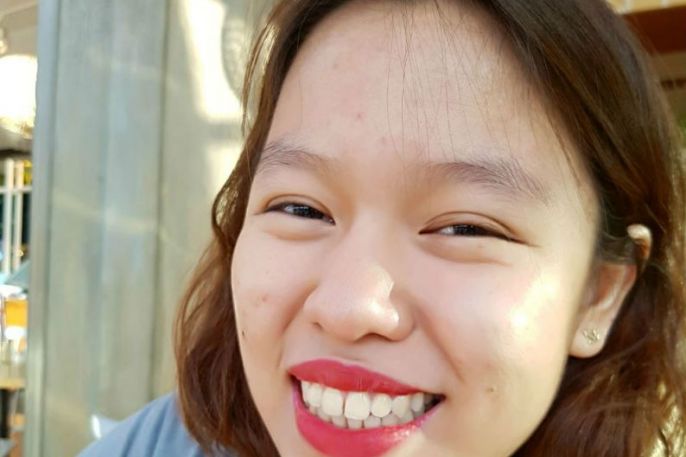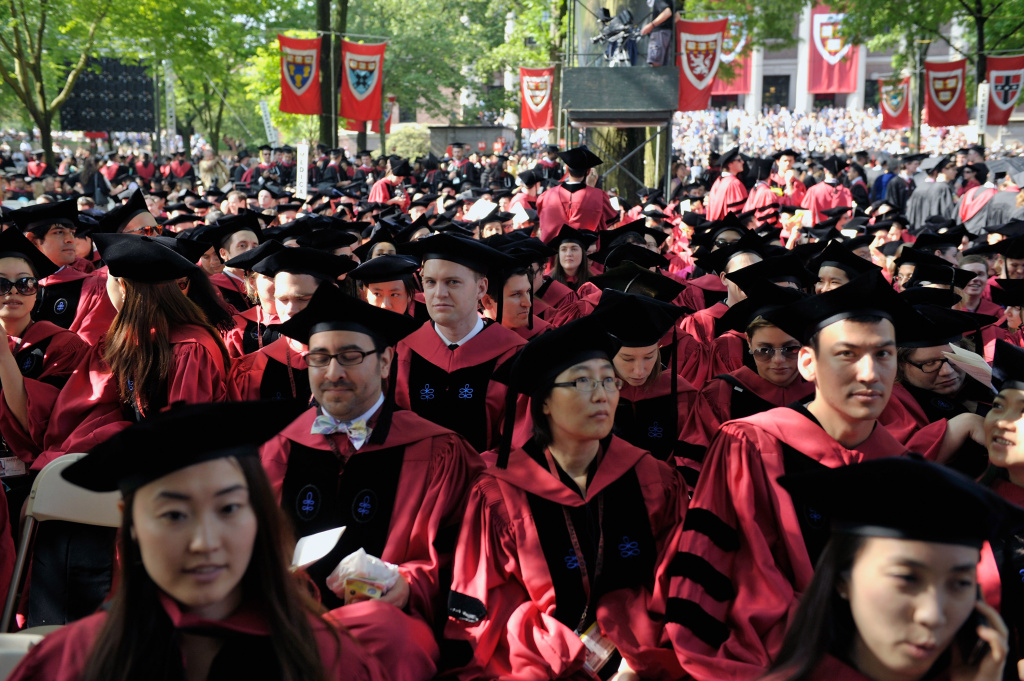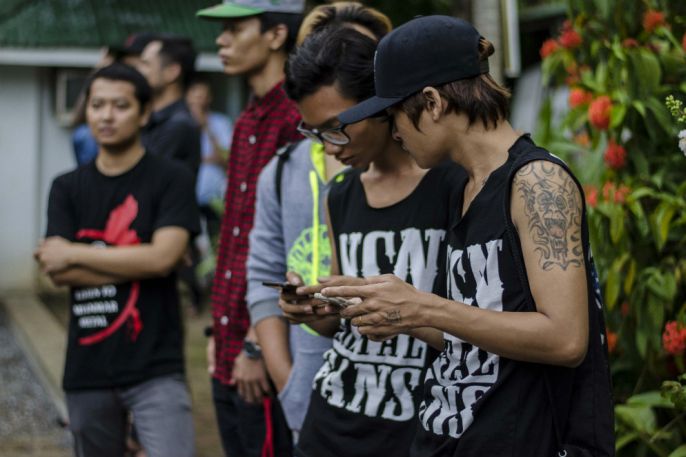When Khin Su was six years old, the international school she attended gave her a booklet of English names to browse through as part of a welcome package. Khin was immediately drawn to the name Annabelle because it sounded similar to the names of the Western princesses — such as Belle and Cinderella — that she grew up admiring.
For the next 14 years, Khin Su was known to her family and friends as Anna.
“When you grow up around other Asians with English names, it doesn’t seem strange, so I only began to question this practice when I had to explain to my college friends why I don’t just go by Khin,” she said recently.
Once Khin Su started college abroad, some professors and close friends started calling her by her native name, and she began using it to introduce herself, especially after she graduated.
“It felt like a good time, as I was entering a new phase of my life,’ she said.
For years, young people in Myanmar have adopted foreign names to start international school, travel abroad or simply meet people from other countries. Often, the Western name becomes their preferred one in professional and social circles, and sometimes even at home.
There are several reasons.
Given how closed off Myanmar was for so long, the West has been romanticized in the minds of some citizens, especially children. Like Khin’s desire to become more like a Disney princess, a product of the West, the embracing of an English name is a way for Myanmar youth to emulate the characters and celebrities they see on TV.
It’s most prevalent among the urban elite, many of who are educated overseas. Dr Khin Myint Swe, a professor history at Mandalay University, never had a student who went by an English name during 30 years of teaching. “Our students come from villages or have finished the local high school curriculums, so they have had little to no exposure to Western culture,” she said.
While I grew up and stuck with my Myanmar name throughout my international school years here and when attending college abroad, I’d be lying if I said there weren’t times when I wished I had an English name, especially when I was a child. Most of my teachers in Myanmar were foreigners, and I would always feel guilty when, as expected, they would meet me for the first time and wouldn’t know how to pronounce my name.
I remember being in the car with my mother one evening on my way back from school and asking her if I could pick out another name that was easier to pronounce. ‘Why?’ she asked, puzzled. ‘There’s nothing wrong with your name. Your dad and I carefully chose it for you.’
I was disappointed that she hadn’t given me permission to change my name, but I also had to admit that I didn’t really have a reason to change my name, apart from that it was hard for my foreign teachers to pronounce.
When I began college in the US, that worry that no one would know how to pronounce my name arose yet again. I found a way to explain it — ‘It’s like “yay” with a “P” in front,’ I would say — and was surprised not only at how many people didn’t care that it was a little tricky to pronounce, but also at how often I got told that it was such a “cool” and “unique” name.

The writer, Moe Thet War, has never taken an English name.
Friends had similar experiences.
Throughout college, Khin Su continued to introduce herself as Anna. But she said she felt more inclined to go by her Myanmar name once she had “really started to experience what it means to be a POC [person of color] in a white space.” She recalls one particularly unnerving bus ride during which a random Caucasian man kept asking her how she “managed” to make it into Brown University in spite of being from Myanmar. Through encounters such as that, she began to form a stronger personal connection with her Myanmar name in an environment where she was regularly made aware of her cultural and ethnic roots.
The same was true for Nay Thet, who went by Rose because as a child, her mother would always tell her that she looked like a beautiful rose when she was born. While attending a summer writing program in the US, she had a newfound appreciation for her Myanmar name, explaining, “I really enjoyed how unique it made me abroad.”
When introducing himself to his future college classmates on Facebook, Wunna Maung Maung Moe Zaw chose Wunna over his English name William Cecil, which he had gone by up until he graduated from high school. “I was thinking of what image I would project if I introduced myself to people as William Cecil. It would probably be that of some Caucasian dude, and it didn’t feel like the image I had for myself, which is well, that of a Burmese person,” he explained.
In a Facebook post, Khin Su explained her rationale for abandoning her ‘Anna’ alias.
“The name ‘Khin’ holds a lot of meaning to me and has rich cultural roots,” she wrote. “For instance, my name starts with the ‘K’ consonant because I am a Monday born, making my astrological animal a tiger,” she said, adding a small note at the end that “it’s pronounced exactly like ‘kin.’ Super easy.”
Elena Van Lare, who works at the International School Yangon, said that after four years of being in Yangon, she’s noticed that more students are now “swinging back the other way” and are more likely to embrace their Myanmar names than an English one.
“If you had asked me four years ago, I would’ve said otherwise,” she said. “It’s a conversation that I’ve recently had with other professionals at the school who have also noticed the change.”

Students at Harvard University at commencement in 2013. Photo: AFP
Several people I spoke to expressed regret at having replaced their Myanmar names with English ones. For recently-graduated student Caitlin who is still living in the US, going by an English name has prevented her from fully assimilating into either Western or Myanmar culture. The next time she visits Myanmar, she wants to try introducing herself by her Myanmar name Khin Thitsa again. “I like to think it would help me feel closer to home when I’m away and less foreign when I’m there,” she said.
While it is not always the case that children are pressured into choosing an English name, international schools in particular should make more of an effort to deter their Myanmar students from feeling the need to pick an English name.
As Khin Su told me, such a practice “implies that whiteness and being more Western is the standard for normality and success in the global agenda.”’
It’s not just about names. Last year, I wrote an article calling out the majority of restaurants in Myanmar for only having English-language menus and consequently implying that that was the norm and model for success.
Fortunately, it seems that at least some international schools have dropped the convention of promoting Anglicized names. “Of course if a student tells us that they have a [English] nickname, then we honor it,” Van Lare said. “But we would never actively promote the use of an English name.”
Today, all but one of the people I interviewed for this story go by their Myanmar names.
I’m hopeful that as political and professional barriers between Myanmar and the rest of the world are broken down, more Myanmar youth will realize how unique and beautiful our names are. Our names, in all of their seemingly strange and unpronounceable-ness, are one of the most fundamental components of our identities. We mustn’t lose them, or worse, replace them due to a false notion of ‘West is best.’




